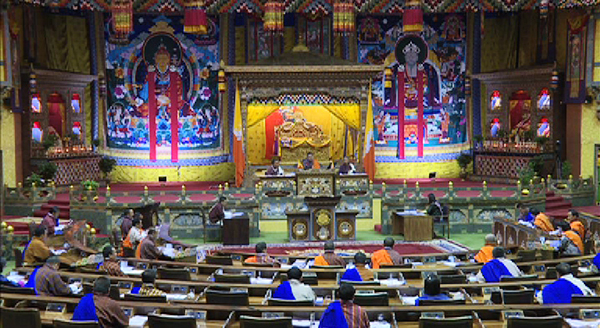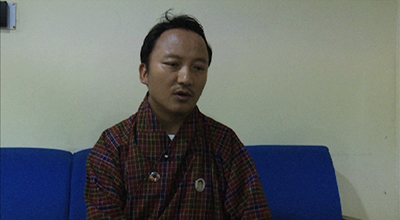 The National Assembly today decriminalised unnatural sex. A written appeal was submitted by the finance minister to the legislative committee to drop the section. Earlier the penal code of Bhutan criminalises “unnatural sex”.
The National Assembly today decriminalised unnatural sex. A written appeal was submitted by the finance minister to the legislative committee to drop the section. Earlier the penal code of Bhutan criminalises “unnatural sex”.
The penal code of Bhutan says a defendant shall be guilty of the offence of unnatural sex if the defendant engages in sodomy or any other sexual conduct that is against the order of nature. And the offence is a petty misdemeanour.
 “If you look into the Penal Code 2004, article 213 and 214 states that, if you engage in unnatural sex, you will be penalized and penalty will be a petty misdemeanour. So irrespective of the degree of the penalty, you know engaging in same sexual activity is being regarded as an illegal activity in our country as per the Penal Code 2004. Now with the changing time, with reference to the Penal Code and constitution of other countries and with close reference to our own constitution which is the mother of all laws, we found out that the constitution article 7, section 15 really spells out that everyone is equal in the eyes of law,” Namgay Tshering, the Finance Minister said.
“If you look into the Penal Code 2004, article 213 and 214 states that, if you engage in unnatural sex, you will be penalized and penalty will be a petty misdemeanour. So irrespective of the degree of the penalty, you know engaging in same sexual activity is being regarded as an illegal activity in our country as per the Penal Code 2004. Now with the changing time, with reference to the Penal Code and constitution of other countries and with close reference to our own constitution which is the mother of all laws, we found out that the constitution article 7, section 15 really spells out that everyone is equal in the eyes of law,” Namgay Tshering, the Finance Minister said.
“You should not be discriminating anyone by their sex, region, caste and etc. So, with reference to the constitutional provision, we felt that the Penal Code of Bhutan 2004, especially article 213 and 214 is unconstitutional, so there is a motion , additional recommendation that I made to legislative committee and the legislative committee has proposed to the parliament and the national assembly has endorsed as a additional recommendation for amendment but today I am personally happy and glad that we all are on the same page and together we have after thorough deliberations on proposal we have actually repealed the article 213 and 214.”
Even though the community accepted LGBTIQ and many came forward on mainstream media declaring their sexual preference in recent years, the legal aspect concerning their choices was only discussed today in the National Assembly. But the bill will be deliberated in the National Council before it becomes a law.








